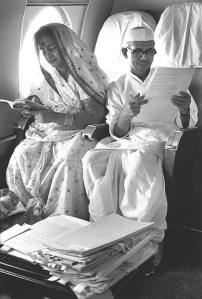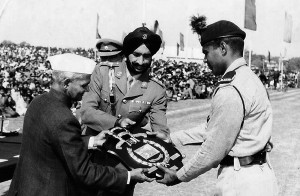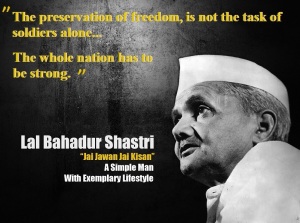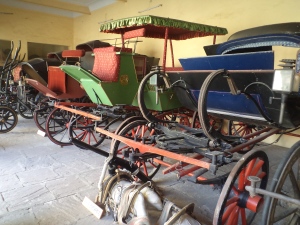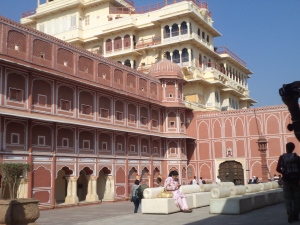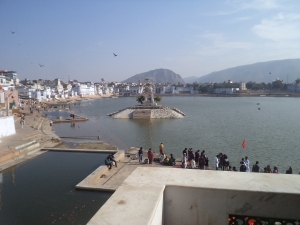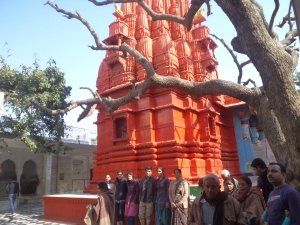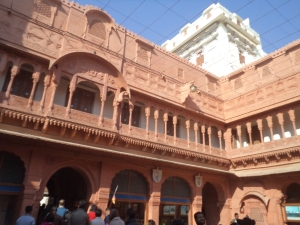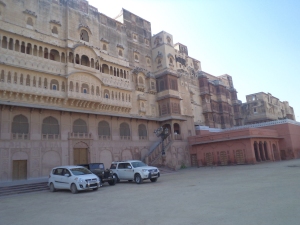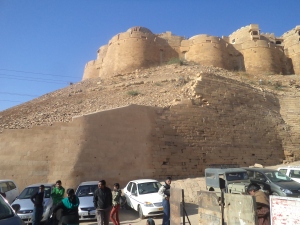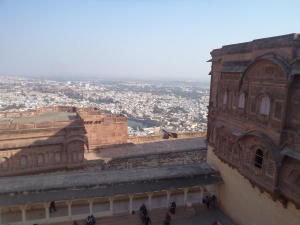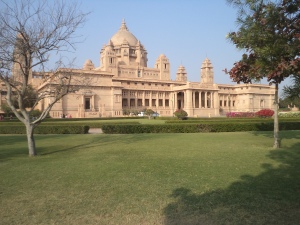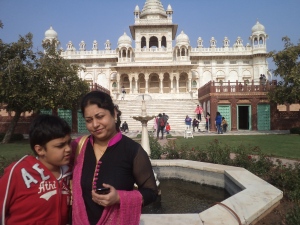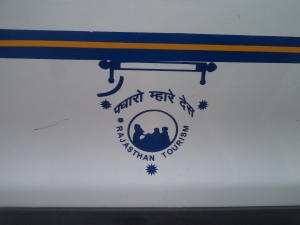How to manage yourself
Managing Yourself has several aspects. Each day, in your work, either you contribute to some ongoing activities or you initiate some new ones. You may have a number of tasks for the day ahead. The best time to plan your day is the morning. So you must have for a successful day,
Your Morning Muse:
Contemplate you must
On priorities first
Let not opportunity lose
Work on subjects just
Give objectives appropriate thrust
Rely on your morning muse.
Mind is fresh and pure
Great ideas it can secure
Creative solutions it will bring
Focusing your thoughts, you are sure
Direction you gain; better results will pour
Like precious pearl in a string.
Rely readily on your ‘Morning muse’
She brings benefits unique, you never
Refuse!
Having put your plan for the day in place, you must remind yourself, as much to do your job well as also to enjoy doing it. Therefore one must understand that the only way to enjoy one’s work is to give it an undivided attention. Besides, that alone can bring you success which is so very important for happiness that every one seeks.
Concentration is a way of life
Reflects every action and your strife
A habit that would show
Distractions don’t grow
Making your mid calm and clear
and you work, without fear
When you think of only objective
mental processes become active
nothing else you may see
So that your mind moves free
Concentration also helps you to be decisive. When you concentrate, you try to secure information from all angles on the subject you are working on. Surely, this knowledge removes your doubts and you tend to know:
When to act
Or to desist
it’s a quality essential
Top on the list
of people desiring success
and if they persist
Pursuing their goals
with decisions fast
little doubt that
their success will last
We do many a thing daily for which we don’t have to think. We do it habitually. So no time is lost in thinking, deciding etc. but there remain all the possibilities for improvement even in smallest of things like your morning chores. Like brushing your teeth or taking your bath. It is good to realize that
Force of habit is very strong
You do job better nothing goes wrong
Habit makes reflexes fast
Required energy naturally lasts
Doing daily chores
Energy scores.
Greater efficiency with habit on your side
Should you contemplate, and decide
Simple daily jobs
Sure rough weather
You will ride
Have good habits
Have a sigh of relief habit improves performance
Having a strong belief
When you have decided to manage you’re your life well and work for it, things will work better indeed. However, one must realize and appreciate that circumstances do not remain the same. These are invariably changing for better or for worse; therefore you must willingly accept these for
Every tide yields to an ebb.
Every high heralds a low
Storm in sea secures a calm
these are nature’s fluctuations,
which naturally flow.
Day fades to fetch the night
until it is morning again.
Spring softness winter’s bite
Happiness returns without a strain.
Success and failure are intertwined
Joy for ever; you will never find.
Life does depend on what you do
more than that, it is your attitude.
Our health attitude helps us to handle life better and bring us closer to the concept of positive living.
Life is ten percent how you make it
Ninety percent it’s how you take it
One may be ambitious
And yet satisfied
Not with what you possess
But genuine efforts in guise
Man with ambition dissatisfied
May not rise
With sluggish mundane movement
Of time
Accepting challenges
Is what makes life worth living


